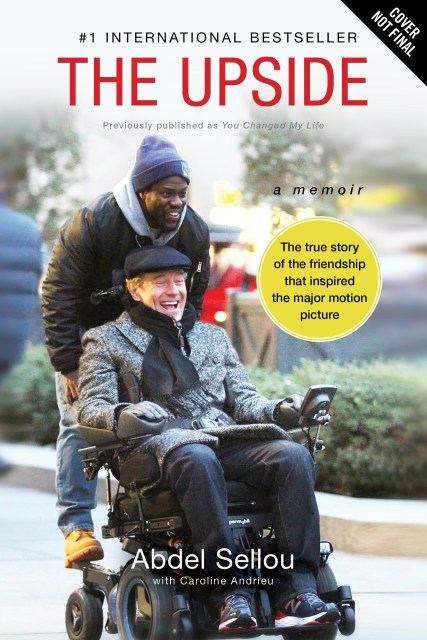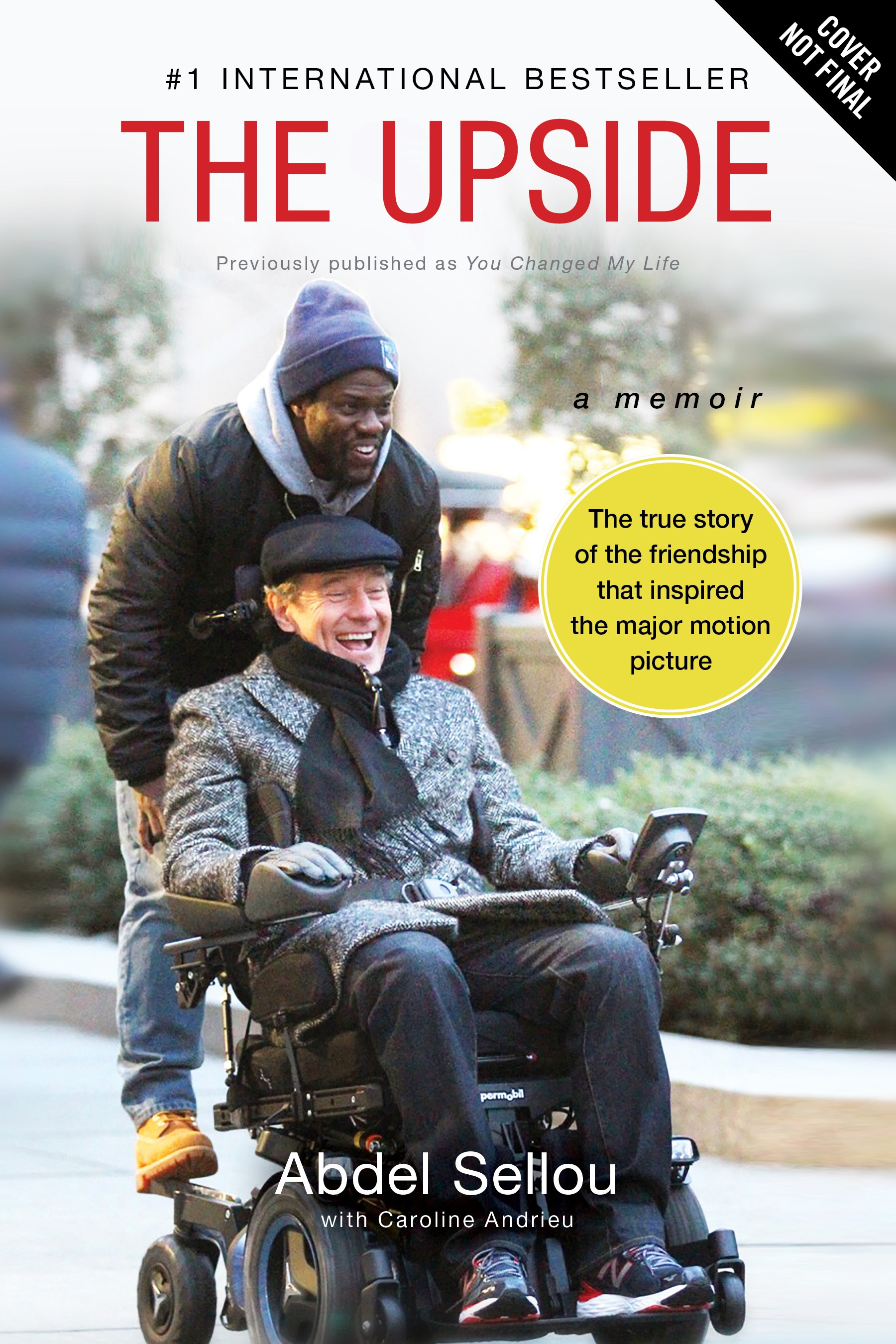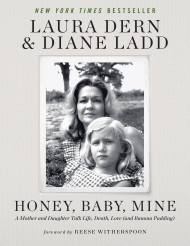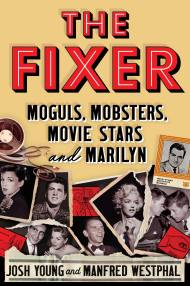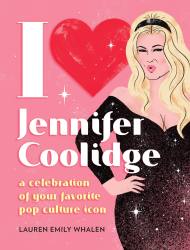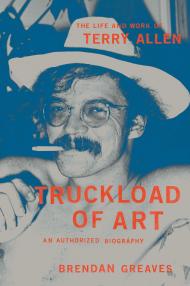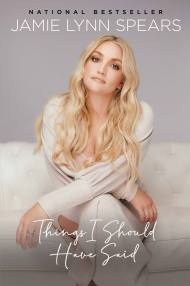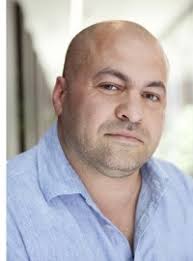Promotion
Use code MOM24 for 20% off site wide + free shipping over $45
The Upside
A Memoir (Movie Tie-In Edition)
Contributors
By Abdel Sellou
Formats and Prices
Price
$9.99Price
$11.99 CADFormat
Format:
- ebook (Media Tie-In) $9.99 $11.99 CAD
- Trade Paperback (Media Tie-In) $15.99 $20.99 CAD
- Trade Paperback $19.99 $25.99 CAD
This item is a preorder. Your payment method will be charged immediately, and the product is expected to ship on or around June 11, 2012. This date is subject to change due to shipping delays beyond our control.
Also available from:
Sellou’s fictional reincarnation, Driss, played to critical acclaim by French comedian Omar Sy in the movie Les Intouchables, captured the hearts of millions. Already a bestseller in France and Germany, You Changed My Life shows us the real man behind Sy’s edgy charm. The book takes us from his childhood spent stealing candy from the local grocery store, to his career as a pickpocket and scam artist, to his unexpected employment as a companion for a quadriplegic.
Sellou has never before divulged the details of his past. In many interviews and documentaries, he has evaded or shrugged off the question of his childhood and his stay in prison, until now. He tells his story with a stunning amount of talent, with humor, style, and-though he denies that he has any-humility.
Sellou’s idiosyncratic and candidly charming voice is magnificently captured in this memoir, a fact to which his friend Philippe Pozzo di Borgo testifies in his touching preface for the book.
Genre:
- On Sale
- Jun 11, 2012
- Page Count
- 224 pages
- Publisher
- Hachette Books
- ISBN-13
- 9781602861831
Newsletter Signup
By clicking ‘Sign Up,’ I acknowledge that I have read and agree to Hachette Book Group’s Privacy Policy and Terms of Use
